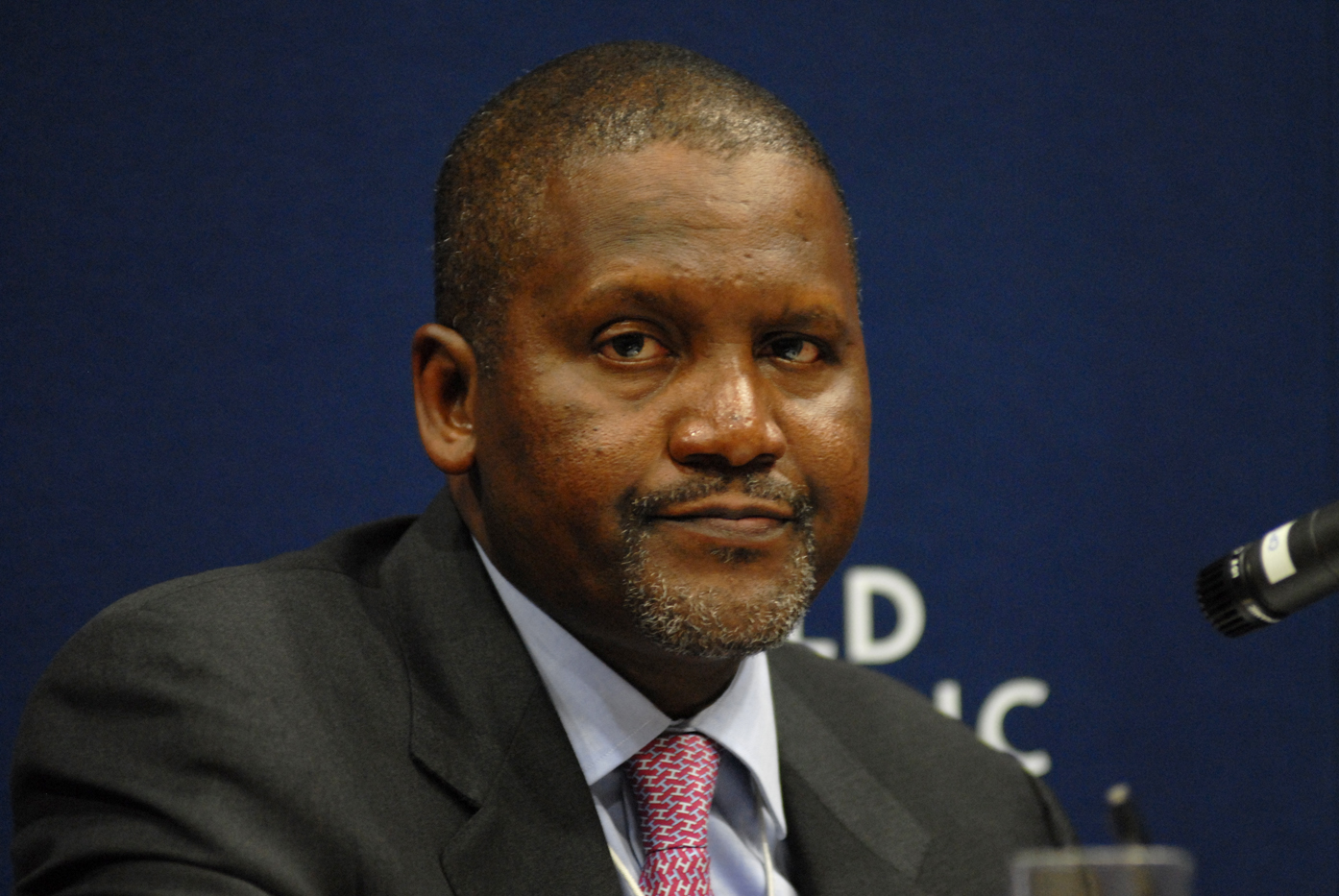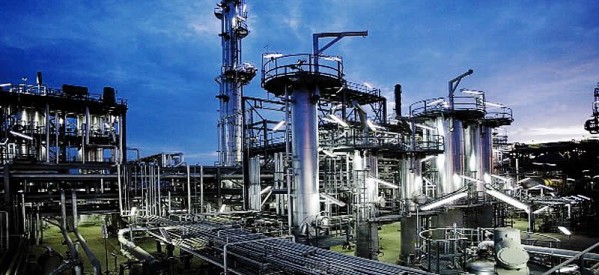Africa’s Richest Entrepreneur Investing Additional $2bn To Complement $9bn Invested In Nigeria’s Refinery
Economists predict a slowdown in Nigeria’s economy, but this is not about to slow down Africa’s richest entrepreneur Aliko Dangote. He is gearing up to invest an additional $2bn into Nigeria’s oil refinery, fertilizer, and petrochemical plant.
Experts say that Nigeria’s state-owned refineries are working at just a fraction of their full capacity, which has been attributed to mismanagement. This has led to the country spending so much on importing its diesel and petrol despite the country being Africa’s leading oil producer. The $2bn fund injection into the industry is seen by experts as a strategic move by Dangote to revolutionize the country’s energy sector. The project is said to be targeting at cutting down on cost of fuel imports, remove the expensive rackets brought about by subsidies and crude oil swaps.
Dangote is a seasoned entrepreneur and has a long history that can attest to his industrialism. He converted his trading empire into a number of conglomerates of business dealing with cement, flour, sugar production as well as other basic commodities. His business empire is estimated to be worth over $22bn.
He spoke to Financial Times at his headquarters in Lagos, where he pointed out that the refinery and petrochemicals project should be fully operational in 3-years-time and would have a lifespan of several decades. It was this point that said he said, he is planning to invest an additional $2bn to the $9bn he announced in just over a year ago. His move is geared towards doubling the amount of polypropylene and adding polyethylene production; both of which are raw materials in the production of plastics.
Nigeria’s economy is said to rely on oil exports by up to 90 percent; this also accounts for 70 percent of the state’s revenue. With the current drop in international oil prices, Nigeria’s local economy has been badly affected prompting the central bank to hemorrhage foreign reserves before taking drastic measures of devaluing the country’s currency (naira) by 8 percent in November, 2014.
Despite all these unfavorable domestic economy status, Dangote has not been discouraged from investing in the oil industry. Addressing the situation, he said, “Nigeria needs it, and Africa needs it.”


Dangote said, “The devaluation will increase our dollar costs. But most people in the oil business have slowed down or suspended projects. So I think we will get very good deals in terms of building. That will compensate.”
But amidst all this optimism, Dangote still acknowledges the economic implications of the falling oil prices. He says, “it may also be a blessing in disguise because Nigeria will have to work harder to diversify the economy, especially when it comes to foreign exchange earnings.
We as a group have seen this coming… We won’t require a single dollar from the Central Bank of Nigeria… With our export-oriented goods including cement, fertilizer, and petrochemicals, we will be earning as much as $9bn annually.”
He draws his inspiration from India’s Ambani family whose Reliance Industries project faced a lot of skepticism when it embarked to building an oil refinery back in 1990s in Jamnagar, India. The refinery has since grown to become the dominant producer in the Indian market.
Dangote said, “We won’t make our money back for five to six years. If I deploy that capital in buying blocks to sell oil even with the falling oil price, we could recover the money in three or four years. So the real beneficiary is the government.”





